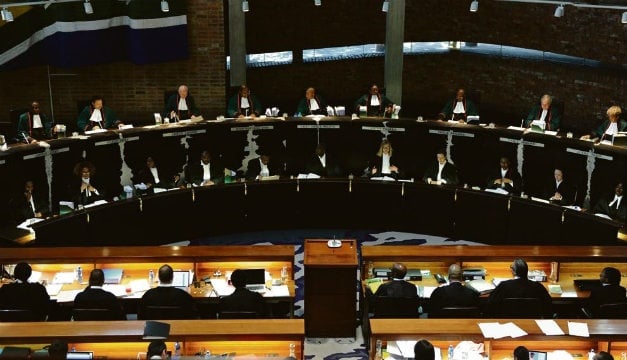The Constitutional Court has dismissed the Department of Basic Education's application for leave to appeal Equal Education's "infrastructure judgment" in what has become known as the #FixTheNorms case.
On Friday, Equal Education announced that the court had dismissed Basic Education Minister Angie Motshekga's "and her MECs'" application for leave to appeal with costs.
The court handed down the order on October 29 and said the application for leave to appeal had no prospects of success.
In November 2013, the department set Norms and Standards for school infrastructure to ensure that no schools had no water, electricity or sanitation. The department missed its own 2016 deadline for implementing these and Equal Education went to court to force the department to do so.
In July, the Eastern Cape High Court in Bhisho ruled that delaying fixing poor school infrastructure was unconstitutional.
High Court Acting Judge Nomawabo Msizi said at the time: "I cannot fathom a reason why, given the nature of the right in question and the abundant crisis, the respondent cannot develop a plan and allocate resources. In the event that she (Motshekga) alleges that she is unable to do so, it is incumbent upon her to justify that failure."
Msizi continued: "The natural consequence flowing from the stance of the minister is that government can never be expected to account. Further, it means that the public cannot ascertain whether, when and what school infrastructure to expect."
Equal Education challenged the constitutionality of many of the regulations, including one that said the implementation of the Norms and Standards was subject to resources and the co-operation of other government agencies.
The High Court also ruled that it was unconstitutional for the Norms and Standards to state that the department only had to fix schools made "entirely" of inappropriate materials.
It also ruled in Equal Education's favour when it argued that excluding schools for which plans existed before the adoption of the Norms and Standards were published, was inconsistent with the Constitution.
